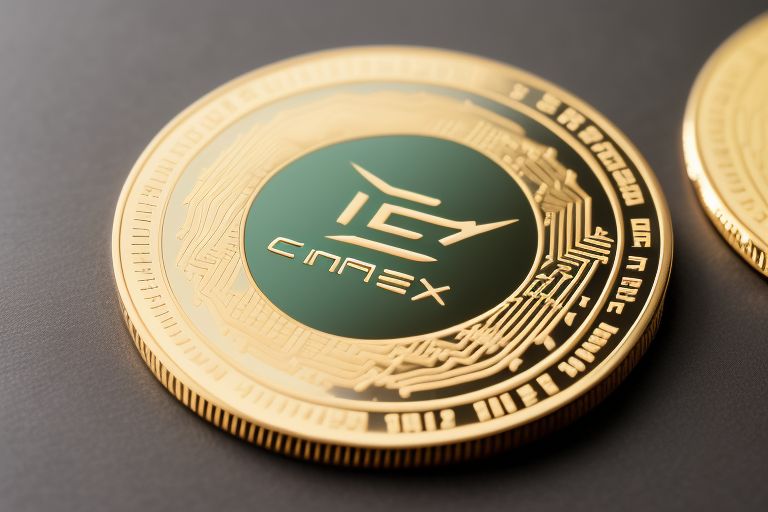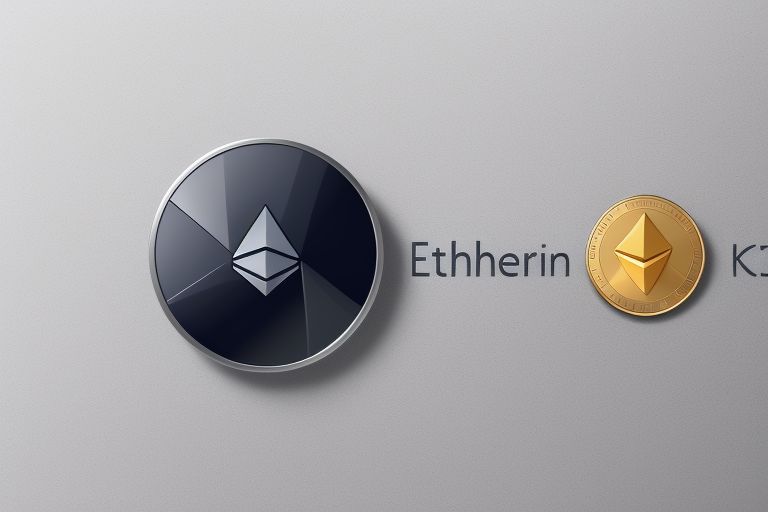The question of Ethereum’s survival is up in the air as U.S. regulators mull over classifying Ethereum’s Ether as a security, stirring unease among cryptocurrency investors.
On February 26, 2024, the Ethereum Foundation made a subtle yet telling change to its website, removing its warrant canary and a section of its footer. This action was in response to a confidential inquiry from a state authority, hinting at a potential investigation under wraps.
A warrant canary, typically a simple sign like a yellow bird, signals that a company hasn’t received a government subpoena. Its removal can imply the opposite. This move by the Ethereum Foundation suggests it’s under some level of investigation, though details remain scarce due to confidentiality obligations.
Fortune’s anonymous sources indicate that this investigation by the United States Securities and Exchange Commission (SEC) aims to categorize Ethereum’s Ether as a commodity, casting a shadow over the upcoming Ether exchange-traded funds (ETFs) approval deadlines in May.
The investigation raises numerous questions: Why now, nearly a decade after Ethereum’s inception? Does the SEC have authority over a Switzerland-based organization? Could this inquiry delay the Ether ETF? Most importantly, what would the implications be for Ethereum and the broader crypto market if Ether is deemed a security?
Though the Ethereum Foundation’s involvement in an investigation is confirmed, it’s unclear if the foundation itself is the primary subject. Carol Goforth, a University of Arkansas law professor, suggests the foundation might simply possess information relevant to another SEC investigation.
The potential classification of Ether as a security could have wide-reaching effects, complicating the approval of an Ether ETF and possibly hindering Ethereum’s adoption. It could parallel the Ripple/SEC lawsuit, impacting Ethereum’s standing until resolution. Such a classification could force U.S. crypto exchanges to either delist Ethereum or register as securities broker-dealers, a significant operational shift.
Despite the Ethereum Foundation’s Swiss base, the SEC could assert jurisdiction if Ethereum’s activities significantly impact the U.S. market, as seen in previous cases like Telegram’s GRAM token injunction.
If Ethereum is classified as a security, decentralized exchanges (DEXs) might offer a refuge, though they too could face new compliance challenges, especially if interconnected with centralized exchanges. Yet, decentralization doesn’t entirely shield from regulatory action, as shown by actions against platforms like Tornado Cash.
In a somewhat optimistic view, some believe that, despite initial market disruption, clarity in Ethereum’s legal standing could eventually stabilize and potentially boost the crypto market’s value. A legal battle with the SEC could decisively label Ether as either a commodity or a security, setting a crucial precedent for the crypto industry’s future.




















+ There are no comments
Add yours